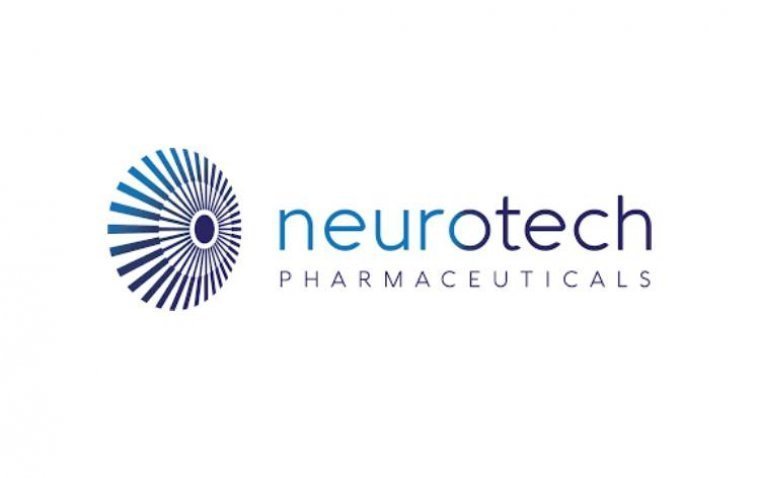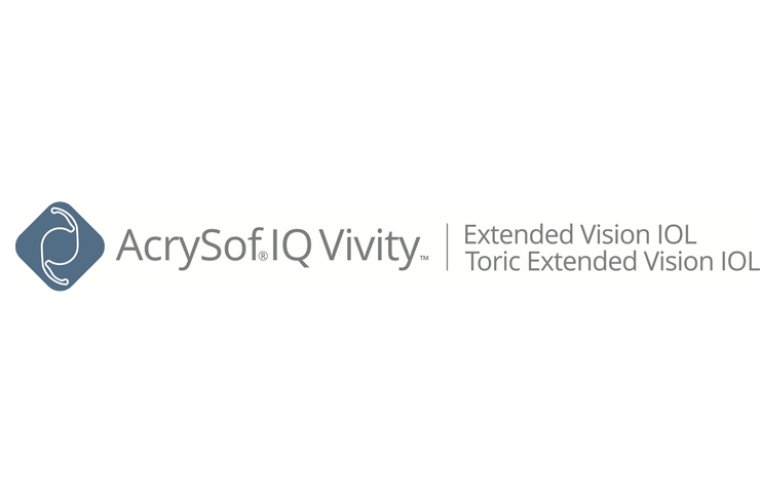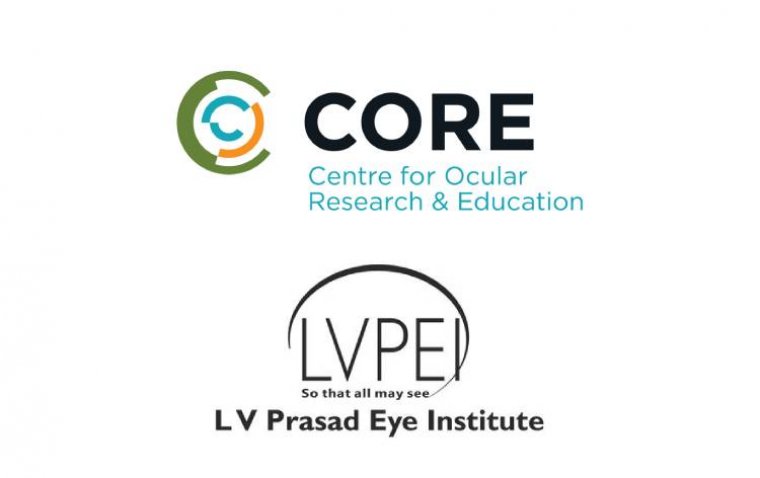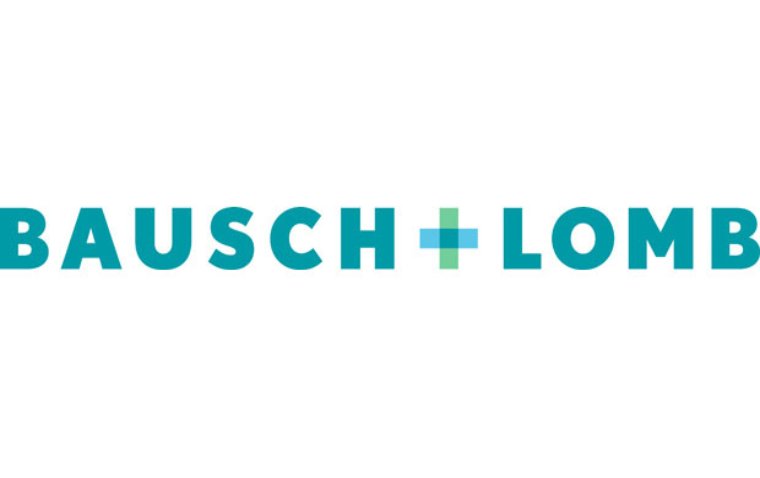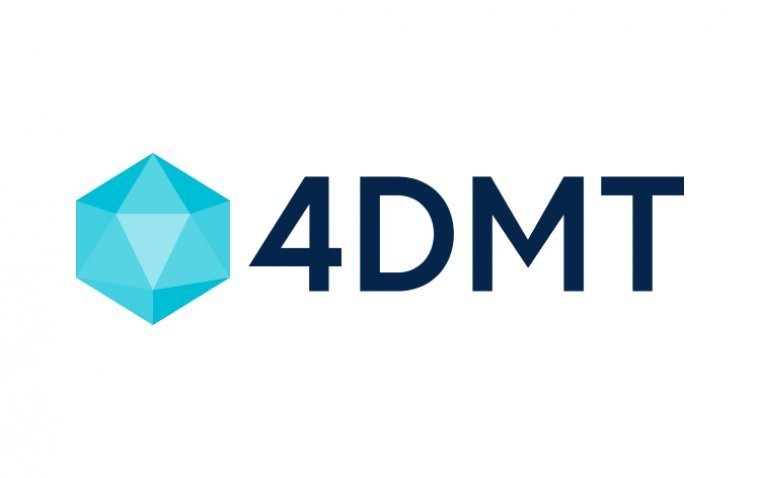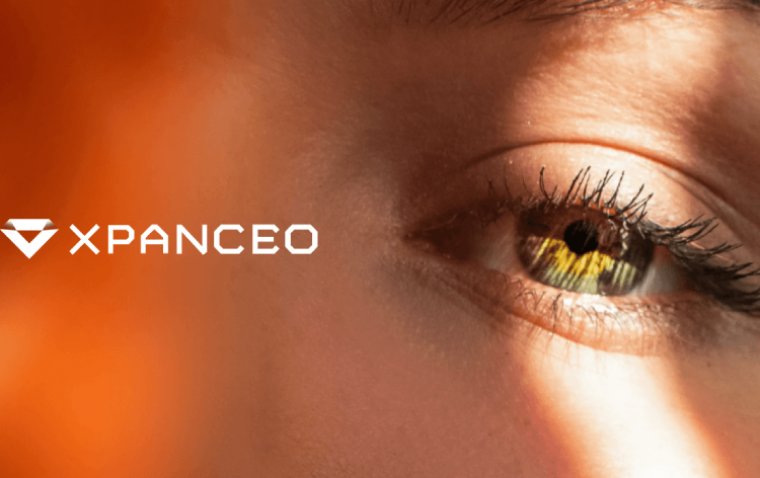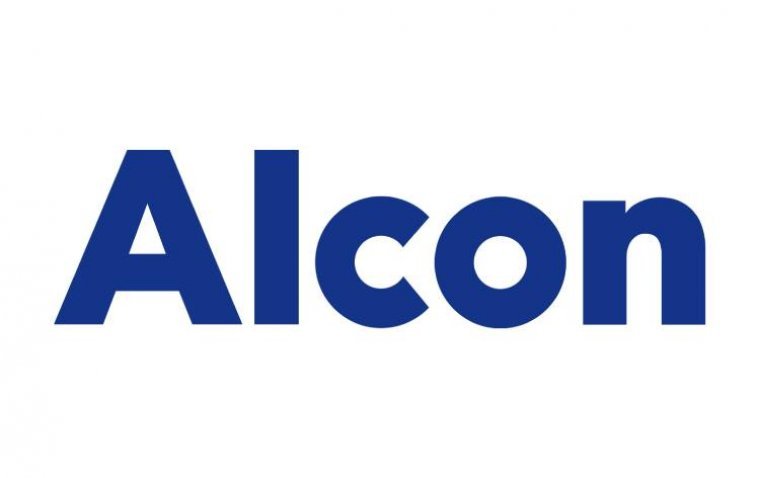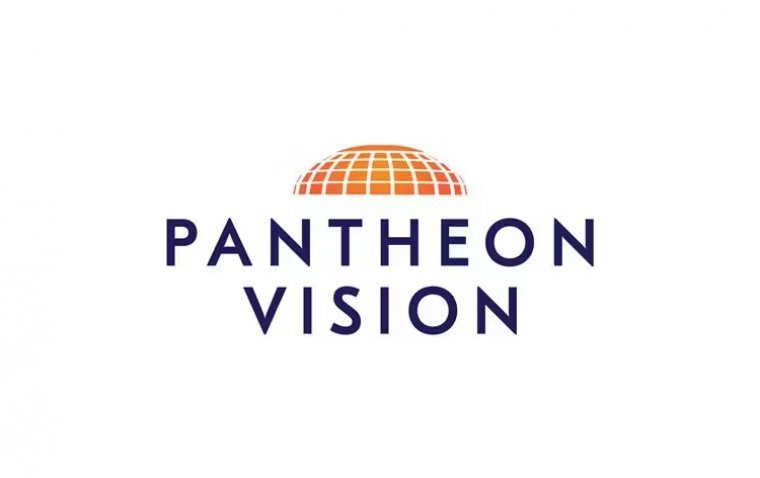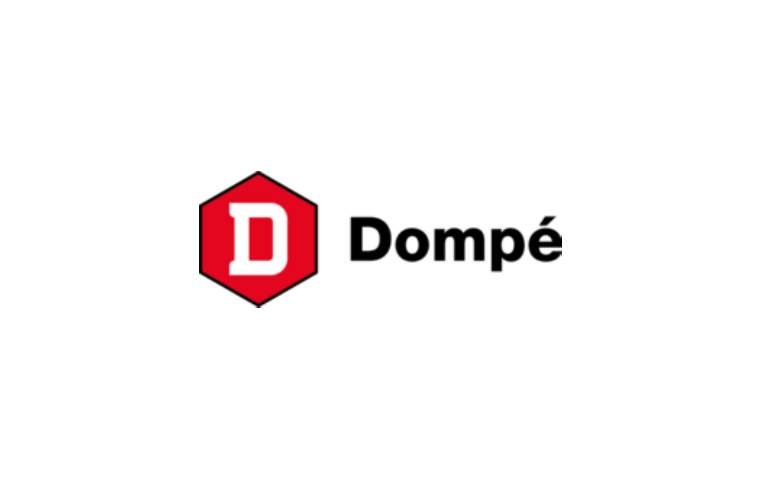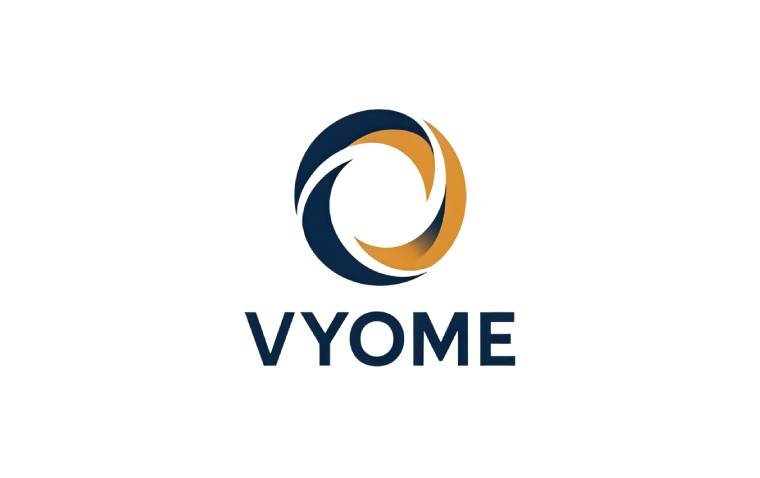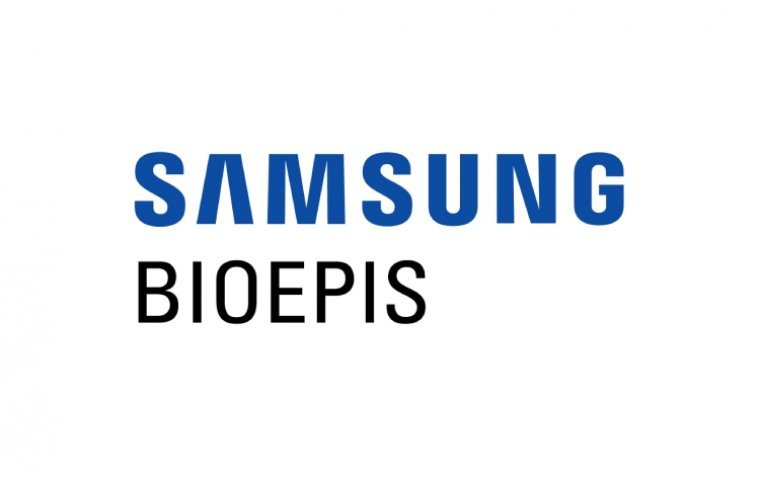
European Commission Approves Opuviz, a Biosimilar to Eylea, from Samsung Bioepis and Biogen
Samsung Bioepis and Biogen have announced that the European Commission (EC) has approved Opuviz 40 mg/mL for injection. This biosimilar, also known as SB15, references the widely used treatment Eylea (aflibercept). The approval encompasses a range of retinal conditions, providing a cost-effective alternative to address unmet needs in ophthalmology across Europe.
Approved Indications
Opuviz has been authorized for the treatment of the following retinal conditions:
• Wet age-related macular degeneration (AMD)
• Visual impairment due to macular edema secondary to retinal vein occlusion (RVO), including both branch and central RVO
• Diabetic macular edema (DME)
• Myopic choroidal neovascularization (myopic CNV)
Addressing Accessibility in Retinal Care
Byoungin Jung, Vice President of Regulatory Affairs at Samsung Bioepis, emphasized the importance of this approval:
“Retinal disorders affect millions of people in Europe, and many patients face barriers to accessing effective treatments due to high costs. The EC approval for Opuviz marks a significant milestone in our mission to expand access to vital biologic therapies. We are committed to improving patients' quality of life while supporting the sustainability of healthcare systems.”
Clinical Evidence Supporting EC Approval
The EC’s decision was based on robust evidence from analytical, nonclinical, and clinical studies, including a Phase 3 randomized, double-masked, multicenter trial conducted across 56 centers in 10 countries.
Key Trial Details
• Participants: 449 patients with treatment-naive wet AMD
• Timeline: Conducted from June 2020 to March 2022
• Design:
- Patients were randomized to receive either SB15 (Opuviz) or the reference product aflibercept (AFL).
- At week 32, participants were re-randomized into three groups: continuing SB15, continuing AFL, or switching from AFL to SB15.
Study Outcomes
• Primary Endpoint:
- Change from baseline in best corrected visual acuity (BCVA) at week 8 showed equivalent improvements for SB15 and aflibercept.
• Secondary Endpoints:
- Changes in central subfield thickness (CST)
- Proportion of patients with intra- or sub-retinal fluid
- Results confirmed the biosimilar’s comparability to aflibercept.
• Safety and Immunogenicity
- Safety profiles were consistent across treatment groups.
- No significant differences in immunogenicity were observed.
A Strong Partnership in Biosimilars
Samsung Bioepis and Biogen have a history of success in biosimilar development. Their collaboration has already delivered four approved biosimilars in Europe:
1. Byooviz (ranibizumab)
2. Benepali (etanercept)
3. Imraldi (adalimumab)
4. Flixabi (infliximab)
Expanding Access in Ophthalmology
Opuviz is the second ophthalmology biosimilar approved under this partnership, reinforcing their commitment to providing cost-effective, high-quality alternatives for patients and healthcare providers in Europe.
Looking Ahead
The approval of Opuviz marks another milestone in the joint efforts of Samsung Bioepis and Biogen to address rising healthcare costs while maintaining high standards of care. By expanding access to biosimilars, this collaboration continues to improve patient outcomes and the sustainability of healthcare systems.
(1).jpg)
